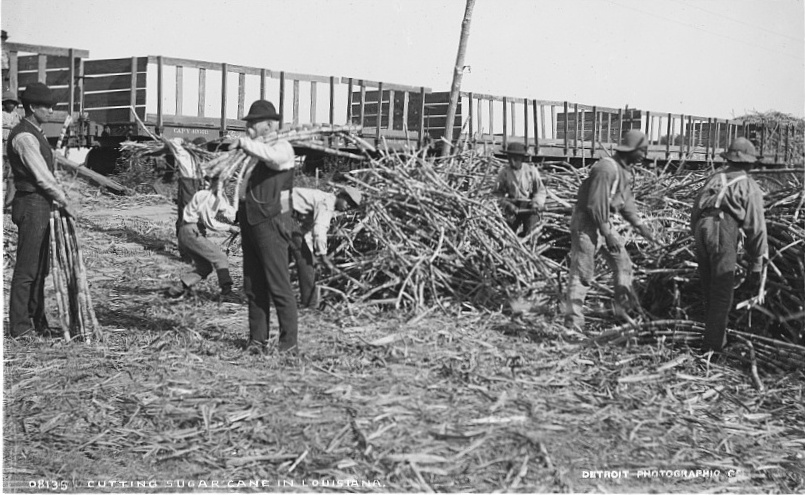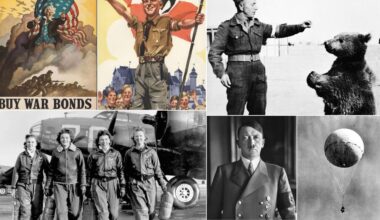Turning points often arrive quietly, in court rulings and small newspapers, in bills signed during crises, in experiments that barely work. Influence moves along back roads and train lines long before history offers a tidy headline. These moments changed who could learn, vote, move, work, and be seen under the law. They widened circles of belonging and carried power to places markets ignored. They also showed how courage and policy can meet in ordinary rooms and leave the country permanently altered.
Dunmore’s Proclamation, 1775
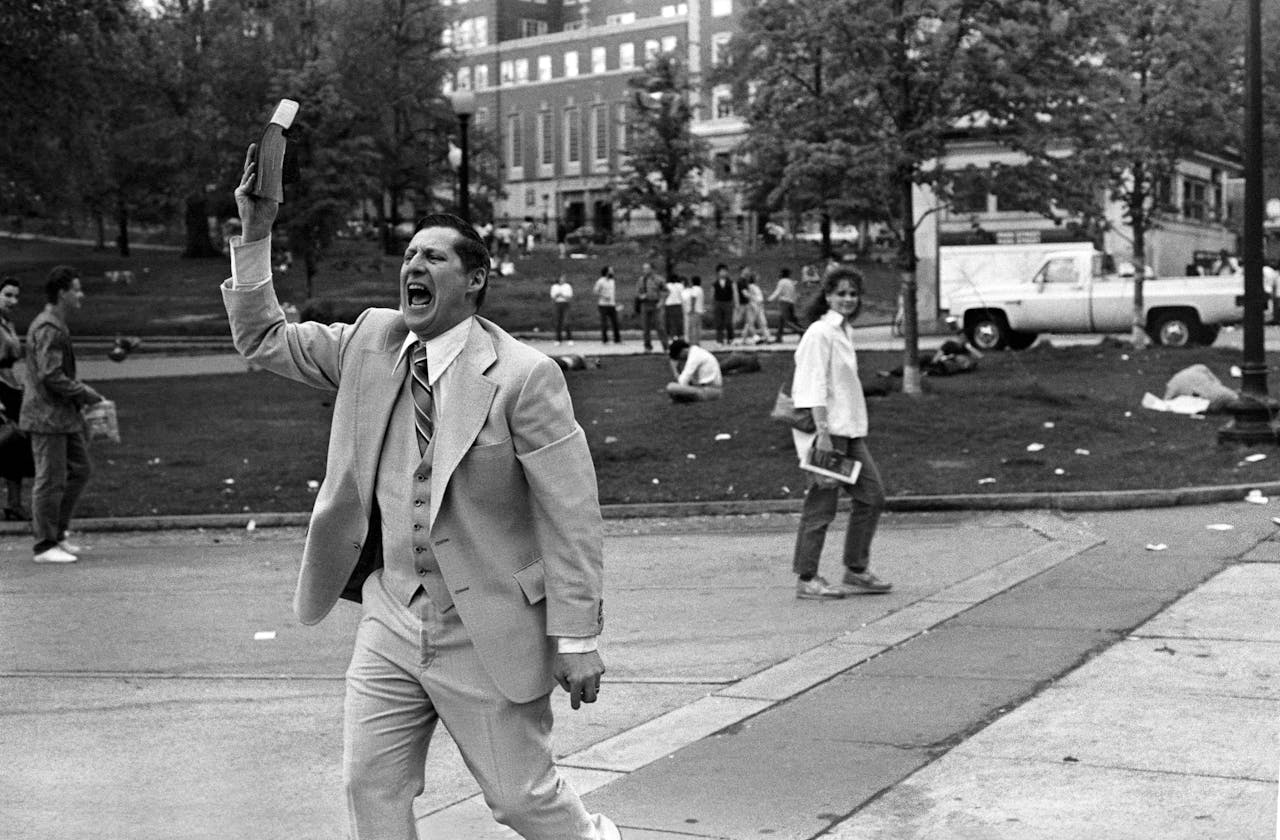
In 1775 the royal governor of Virginia promised freedom to enslaved people who joined British forces, and the ground shifted. Thousands fled plantations, families weighed terrifying risks, and Patriot leaders faced their own contradictions about liberty. The move reshaped loyalties in the South, altered military logistics, and placed Black aspirations for self emancipation at the center of a revolution that liked to speak of rights while sidestepping bondage.
The Morrill Act And Land Grant Colleges, 1862
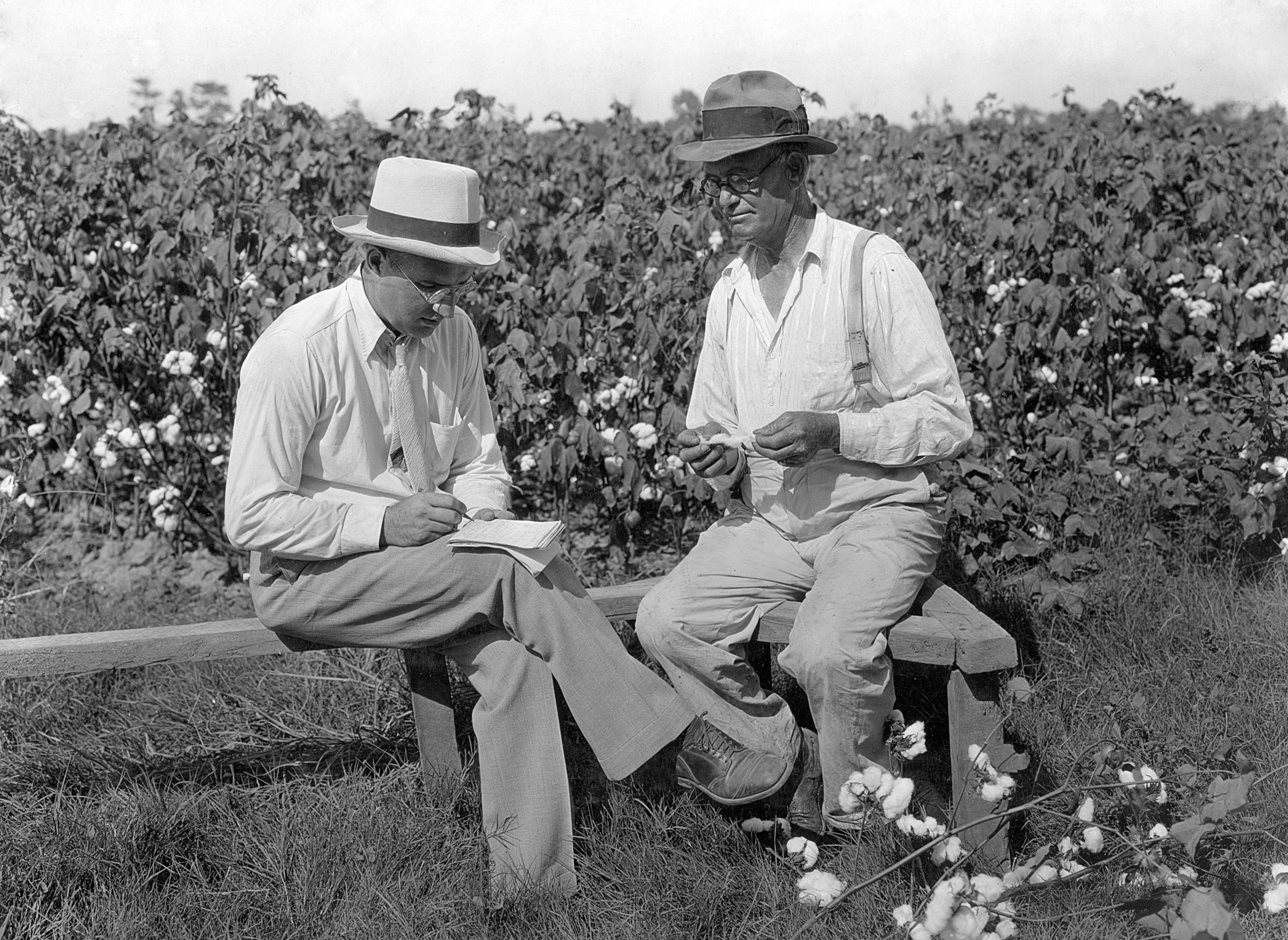
Amid the Civil War, the Morrill Act turned federal land into endowments for public colleges that taught agriculture, engineering, and the practical arts. Campuses rose in small towns, extension agents carried know how to barns and workshops, and research spilled into railroads, irrigation, and food systems. Opportunity widened beyond an urban elite, and the nation’s growth began to reflect the talents of people who once stood outside the lecture hall.
Standing Bear v. Crook, 1879
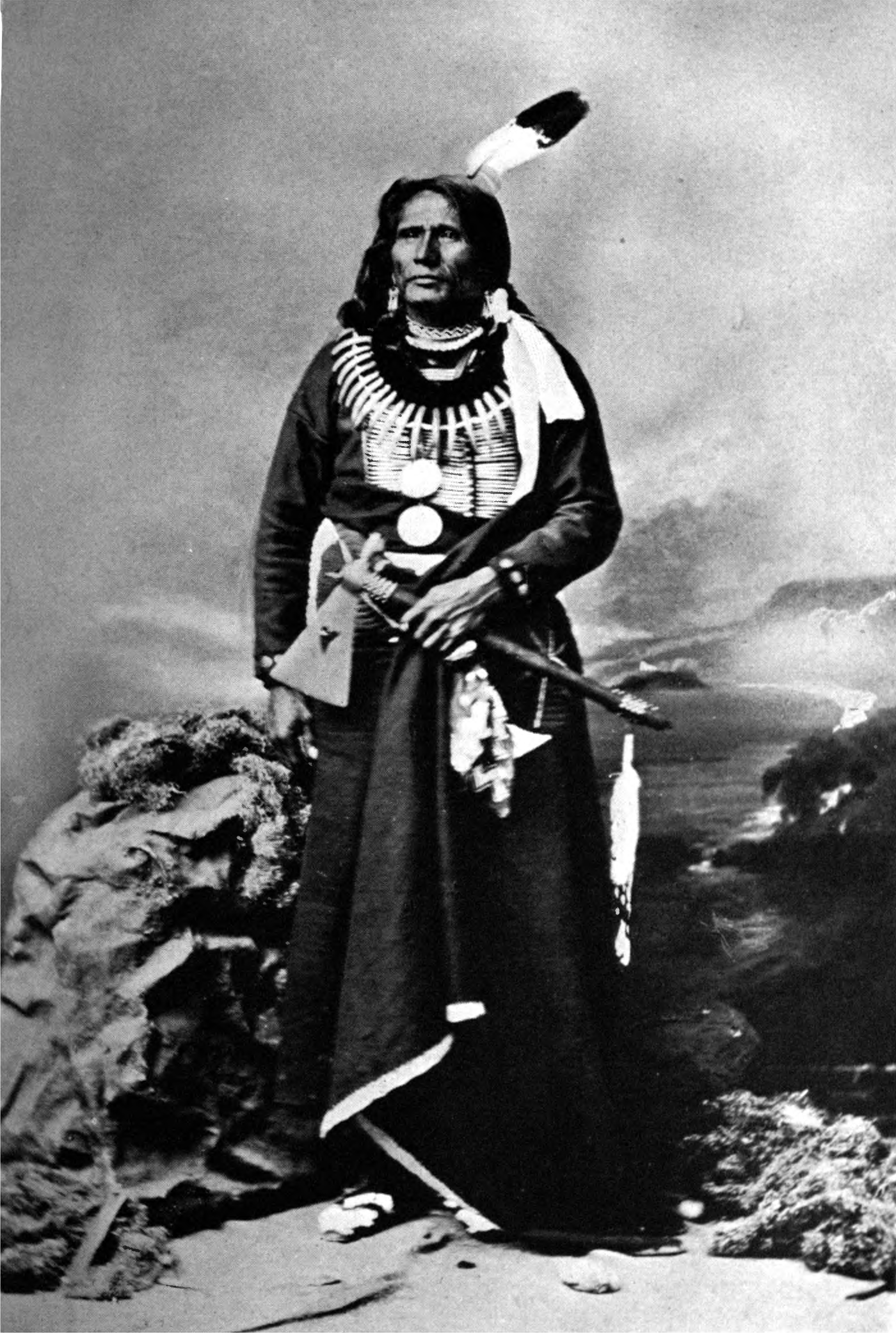
In 1879 a Nebraska courtroom heard Ponca leader Standing Bear challenge forced removal, and a judge recognized Native people as persons under federal law. The ruling was limited, yet it carried moral weight that rippled through advocacy, journalism, and future cases. It affirmed a basic human status that the government had long denied, and it gave communities language to demand dignity in places that preferred silence over accountability. It also showed how translation, testimony, and press coverage can move a courtroom to hear what power tries not to hear.
The Wilmington Coup, 1898
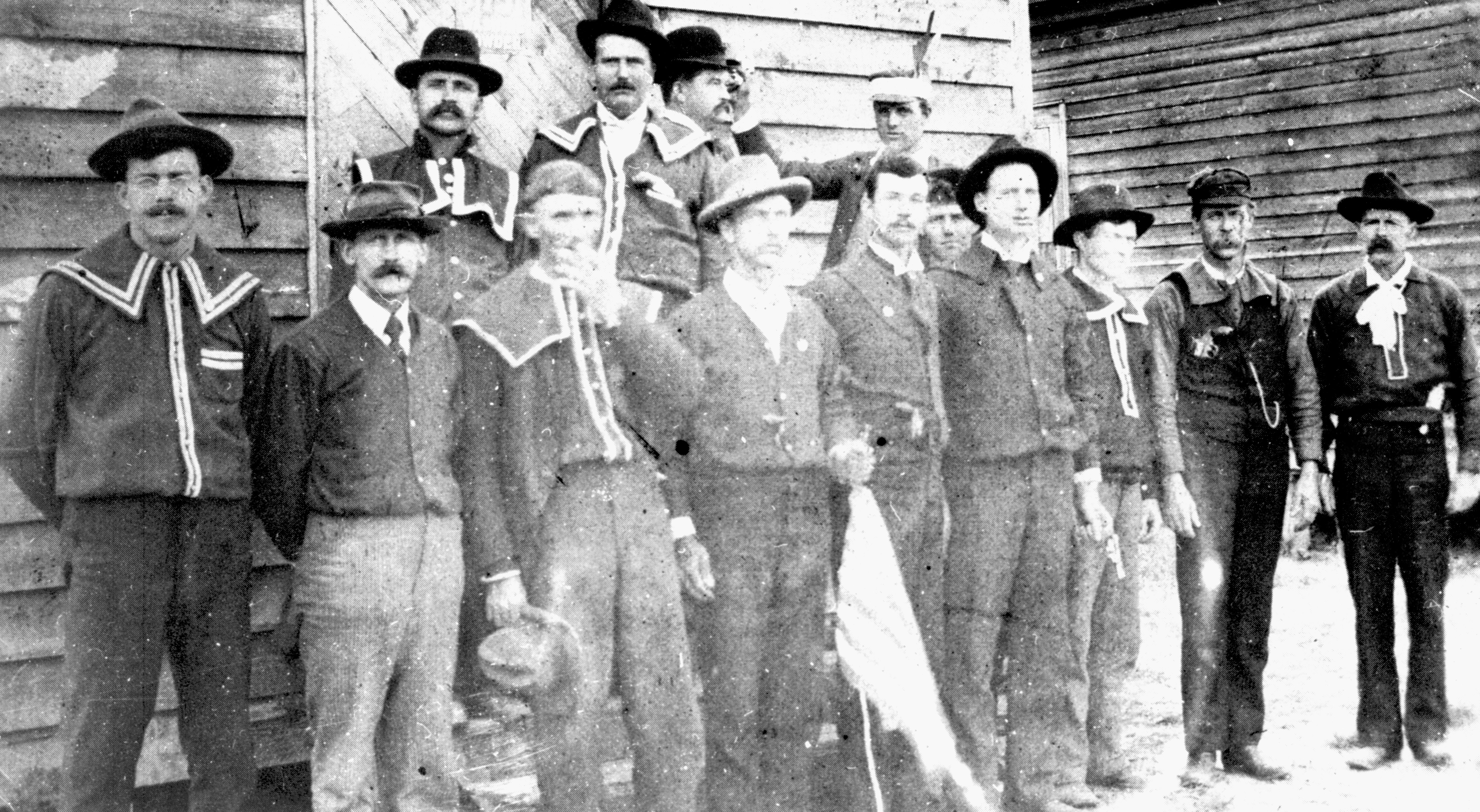
In 1898 a white supremacist mob in Wilmington, North Carolina, overthrew a multiracial government, killed residents, burned a Black newspaper, and drove officials from the city. The planned coup worked, hardening Jim Crow across the South and chilling political coalitions that had started to form. For decades classrooms softened the truth as a riot. Naming it accurately explains voter suppression, skewed wealth, and the fear that shaped civic life.
The Chicago Defender And The Great Migration, 1917
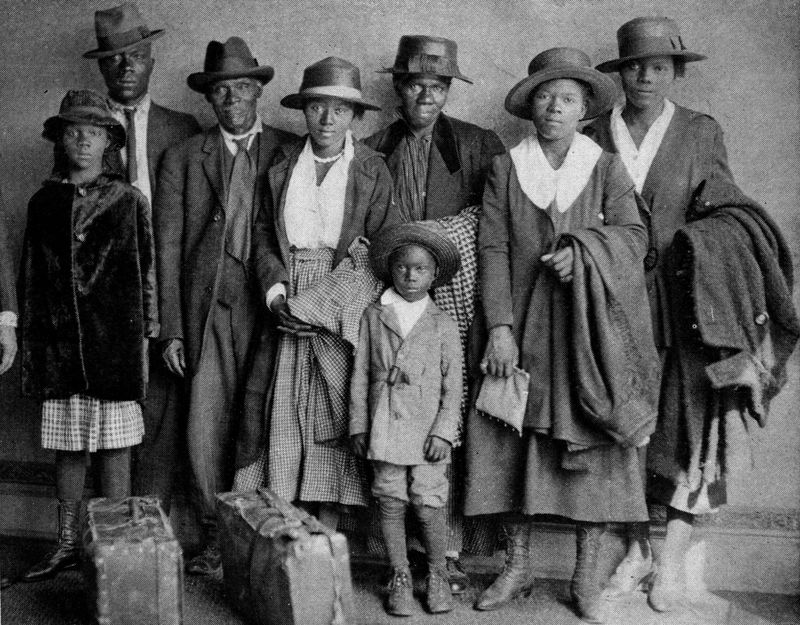
During World War I the Chicago Defender used editorials, job ads, and train timetables to guide Southern Black families toward Northern cities. Pullman porters slipped bundles of papers into cars, readers shared addresses and warnings, and factories hungry for labor opened doors. The migration reoriented culture, from music to cuisine to politics, and it revealed how a determined weekly could outmuscle gatekeepers by stitching together a map of possibility.
Rural Electrification Act, 1936
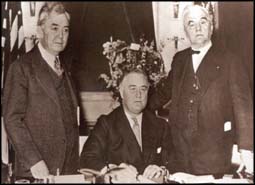
In 1936 the Rural Electrification Act backed local cooperatives that strung lines across fields and ridges private utilities had ignored. Cold storage cut waste, pumps saved hours of labor, lights lengthened school nights, and radios connected distant households to national conversations. With power came safer dairies, healthier kitchens, and small businesses that could finally run modern equipment. The market had failed to reach them. Policy carried the current.
Hart Celler Immigration Act, 1965
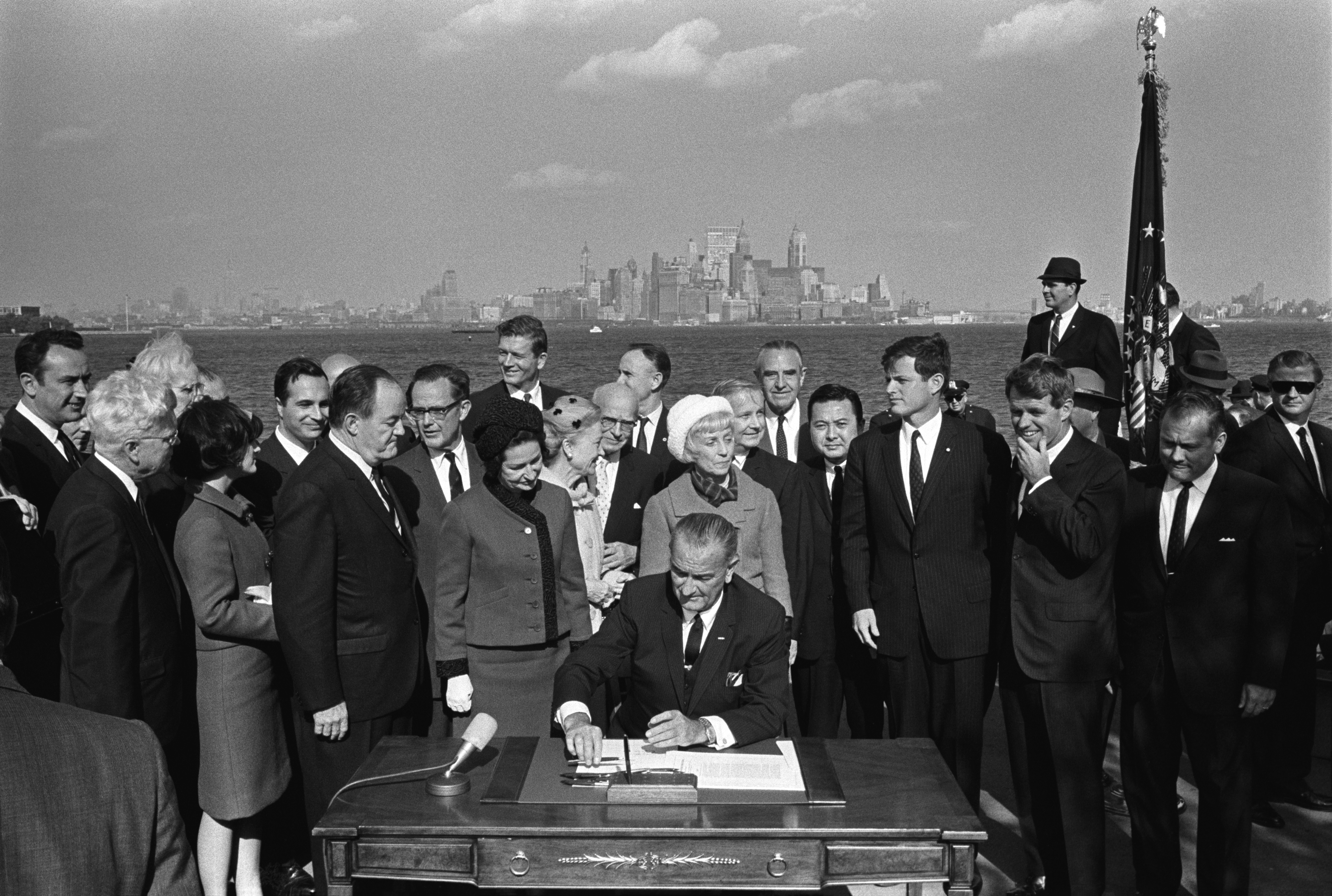
The 1965 Hart Celler Act ended national origin quotas and centered family ties and skills, inviting new waves from Asia, Africa, Latin America, and the Middle East. Neighborhoods diversified, churches and temples multiplied, and small businesses changed the sound of main streets and malls. The reform did not solve immigration politics, but it opened legal doors that matched American ideals more closely and expanded the country’s creative and scientific bench.
ARPANET’s First Message, 1969
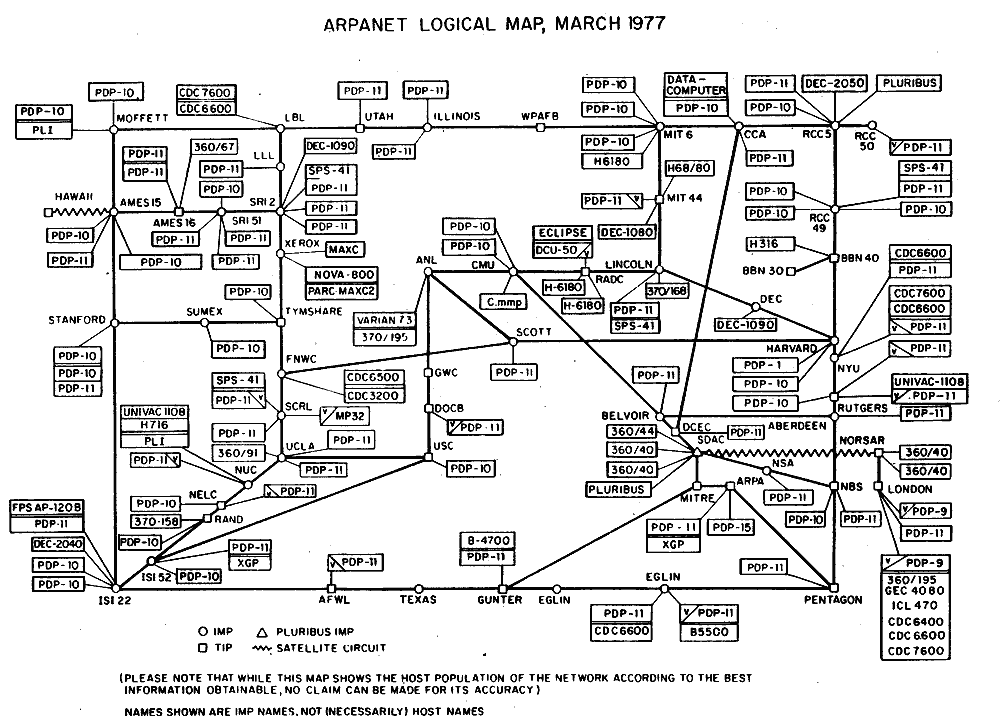
On Oct. 29, 1969 researchers tried to send a simple login from UCLA to Stanford over ARPANET, and the system crashed mid word. The experiment still proved that packet switching could stitch distant machines into a single conversation. From that wobble grew protocols, communities, and markets that shortened distances for work, friendship, and trade. The spark was not pretty. It was decisive, and the network logic never stopped spreading. Engineers kept iterating, universities linked labs, and the habit of remote collaboration settled in long before home modems or smartphones.
